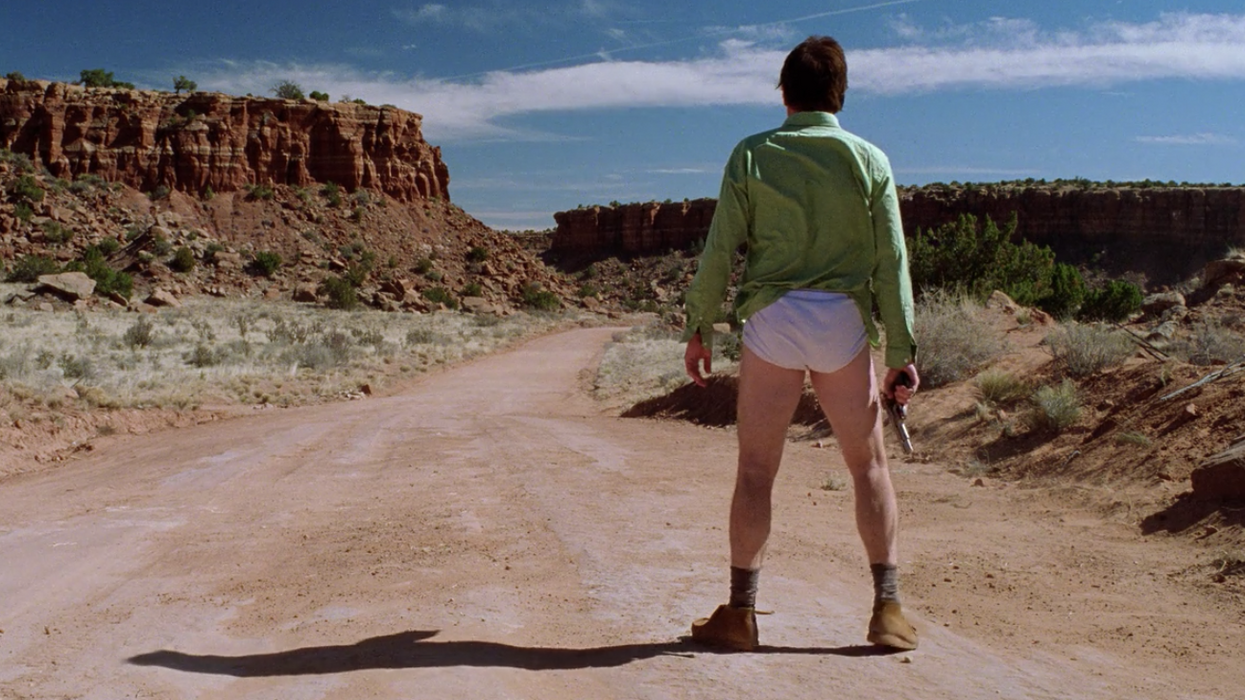What Are Anton Chekhov’s Six Rules For Writing Fiction (and Scripts)?
We know about Chekhov's gun, but what are his six rules for writing fiction, and how do they apply to screenplays?

If you want to be a screenwriter you have to sit down and write. No amount of rules or strategies will help you. But if you want to procrastinate and need a kick in the pants to get going, Anton Chekhov has a few tips for you.
Chekhov is famous for his gun, but he also spent a lot of time writing letters to his brother. They'd talk and talk about life, writing, and writing tips. These letters were grouped into a book you can find on Amazon or in a library. Anton Chekhov’s Life and Thought: Selected Letters and Commentaries (public library).
The point is, in an 1886 letter to his brother, Aleksandr, Anton wrote a checklist about what he thinks makes great fiction.

What are Anton Chekhov's Six Tips for Writing Fiction?
Let's get this out of the way, Chekhov wrote fiction in a time before movies. But we're going to take his tips and apply them to screenwriting.
Here are Chekhov's tips:
- Absence of lengthy verbiage of political-social-economic nature
- Total objectivity
- Truthful description of persons and objects
- Extreme brevity
- Audacity and originality: flee the stereotype
- Compassion
So how do these tips help screenwriters?
We'll go through them one by one to give you tips when it comes to your screenplay.
1. Absence of lengthy verbiage of political-social-economic nature
Your action lines should be brief and to the point. No one wants to hear you waxing philosophical about your set pieces or character introductions.
2. Total objectivity
Make your characters suffer—without drama you have no story. You need to view their problems and the world they live in objectively so you can espouse truth in their actions and your story.
3. Truthful description of persons and objects
Like I just said, tell us the truth, Your truth. Give us a strong theme and when you give us a character description, don't mince words. Tell it how it is.
4. Extreme brevity
How long is a screenplay? 80-120 pages usually. TV needs longer legs, but movies tell a specific story in a specific point in time. Don't be afraid to get in and get out of scenes. Give the audience just enough.

5. Audacity and originality: flee the stereotype
Original ideas are few and far between. What makes your voice pop on the page? Want to learn how to write a screenplay? First, learn what's special about your story and then decide why other people will care.
6. Compassion
This one can be interpreted lots of different ways, but I always go back to the Roger Ebert quote,
"Cinema is an empathy machine." But what did Robert have to say about compassion? In 1972’s “Sounder.” Ebert writes, “It is one of the most compassionate and truthful of movies, and there's not a level where it doesn't succeed completely. It's one of those rare films that can communicate fully to a child of nine or ten, and yet contains depths and subtleties to engross any adult. The story is so simple because it involves, not so much what people do, but how they change and grow.”

How do we see your characters develop and arc?
When you view your world with compassion you can find the stories other people miss. Those stories can unlock the best screenplays.
And I can't wait to read them.
What's next? Learn about motif in film and tv!
The motif in a film is the next level that gets everyone talking. But how can you utilize it in your writing and directing?
Click the link to learn more!











